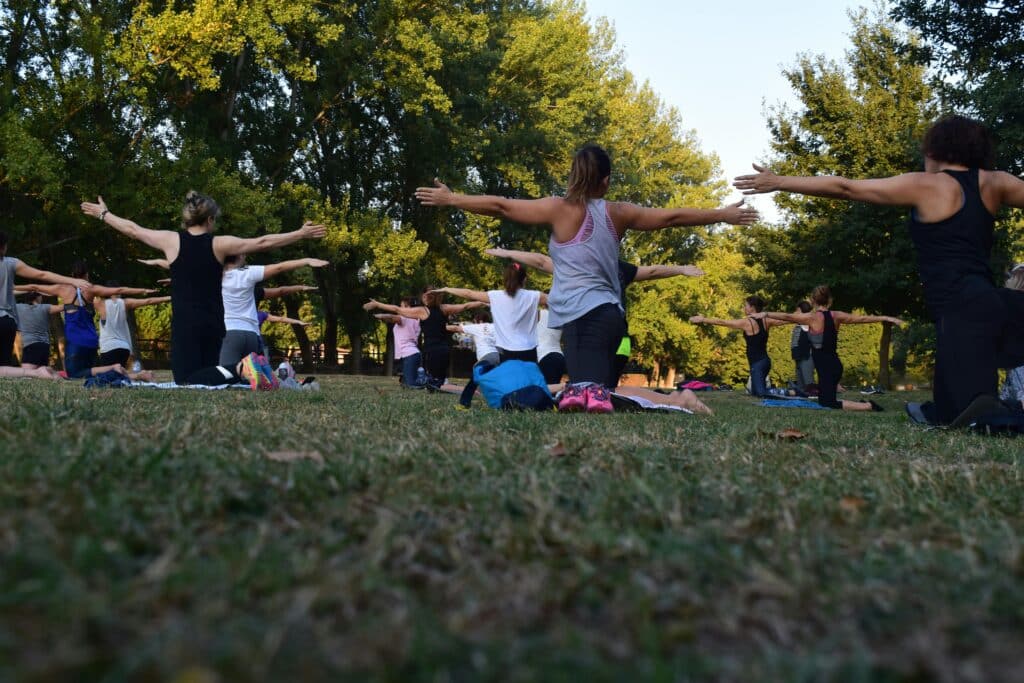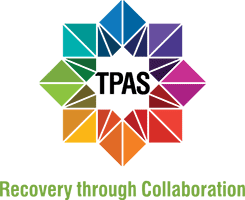By Laura Eshelman
‘Tis the season of forgotten New Year’s resolutions, when the bustle and energy of the holiday season gives way to the doldrums of mid-winter and a return to humdrum routines. It tends to be this somewhat bleak time of year when many of us struggle to find time, energy, and gumption to hit the gym or go to the yoga class we vowed to attend at least once a week in 2025. Ironically, that particular resolution—exercise—may be the very antidote to the motivation we may lack to do those things.
Links between exercise and better mental health are not new, but more recent research has examined what benefits different levels of exercise (low, moderate, and high intensity) offer us. The good news is, all of it is good! Studies of various intensity levels of exercise have correlated with improved outcomes for different conditions, but all levels appeared to significantly improve aspects of mental wellness.
Lower Cortisol & Boost Endorphins? Yes please…
One of the most basic reasons that exercise is important for mental health is simply because it is also important for maintaining physical health and preventing health problems; people who exercise regularly are less likely to develop chronic conditions such as diabetes or arthritis, and the psychological stressors that come with them. Physical activity also lowers cortisol levels (the hormone associated with stress) and boosts endorphin production in the brain, which in turn boosts our mood and sense of well-being. (https://pubmed.ncbi.nlm.nih.gov/35777076/).
There is some evidence that vigorous exercise in particular has powerful therapeutic effects. High-intensity interval training, or HIIT, refers to regular short bursts of rigorous aerobic exercise interspersed with periods of low-impact exercise or rest. A study from Yale University revealed that HIIT appeared to help preserve neurons that produce dopamine (an important neurotransmitter that plays a powerful role in mood regulation and concentration). In fact, brain imaging of the study participants who participated in HIIT regimens for six months demonstrated stronger than average dopamine signals. (https://medicine.yale.edu/news-article/high-intensity-exercise-can-reverse-neurodegeneration-in-parkinsons-disease/)
However, more research indicates that it doesn’t require a CrossFit gym membership for exercise to help our brains function. A 2024 British university study found that low to moderate activity—including things we may not think of as exercise, like gardening or golf—regularly lowered depression and anxiety rates among participants by 23% and 26% respectively. It also lessened the occurrence of symptoms associated with schizophrenia by 27%.
Moreover, that yoga class we skipped last week or the gym invite from a friend are opportunities for social connection, something that is integral to mental health maintenance. Beyond that, over time, regular exercise can greatly enhance our sense of confidence and self-esteem.
Grab a Work-Out Buddy!
At CooperRiis, where both the physical self and community are domains of health, residents who are centering on their mental health can also work on building exercise into their daily routines. Integrative wellness professionals will work with residents to identify exercises they enjoy, and offer support in incorporating that into individual treatment plans. Daily walks are a part of life at both residential campuses, as well as opportunities for tennis, yoga, and running or biking. Because the social component of exercise is yet another reason why it improves mental health, residents have the option to participate in both group activities, as well as one-on-one with staff, or even on their own with exercise equipment offered on-site.
While exercise is important for mental health because it factors into neurobiology and the prevention of diseases or ailments, quite simply, it also helps us build confidence and self-esteem; these are two aspects that are often lost when someone experiences ongoing mental health challenges. CooperRiis strives to be a place for persons seeking to regain that (or to build it for the first time), and strengthen the body along with the whole person.









